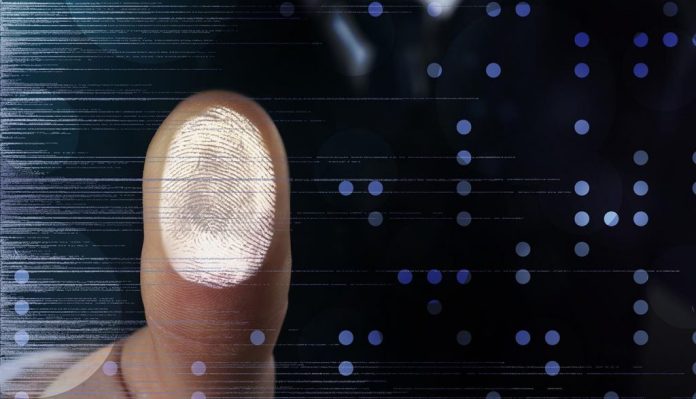The Sri Lankan government has procured 350 biometric devices, including high-resolution cameras and fingerprint scanners, as part of the Sri Lanka Unique Digital Identity (SL-UDI) project, with a tender for an additional 400 devices recently awarded, a report said.
Accoring to the news report, Deputy Minister of Digital Economy Eranga Weeraratne announced on Sunday in Colombo that the Department of Registrar of Persons (DRP) has already spent 5.5 billion Sri Lankan rupees (SLRS) on the initiative, which aims to boost the economy, improve services, and combat corruption.
The project, estimated to cost SLRS 20 billion (US$67.3 million), is partially funded by a SLRS 10.4 billion grant from India. The funding covers the setup of two advanced data centres, operational costs for three years, and hardware expenses, with the Sri Lankan government contributing an additional SLRS 4.5 billion.
Concerns about potential Indian access to personal data led the National People’s Power (NPP) government to renegotiate terms with India, ensuring local control over the system. India’s Modular Open-Source Identification Platform (MOSIP) remains the software provider under the amended agreement.
Weeraratne confirmed that the system would be entirely managed by Sri Lankan professionals. The DRP is finalising implementation and will begin fingerprint and facial recognition data collection next month.
The rollout will start with 16-year-olds receiving their first digital IDs, with existing national IDs converted to electronic national identity cards (e-NICs) within six months. Iris biometric scans will be introduced later as the DRP upgrades its technical capabilities.
Banks and other institutions are also expected to adopt digital ID systems and integrate fingerprint scanning for account verification. (Biomatricupdate.com)





